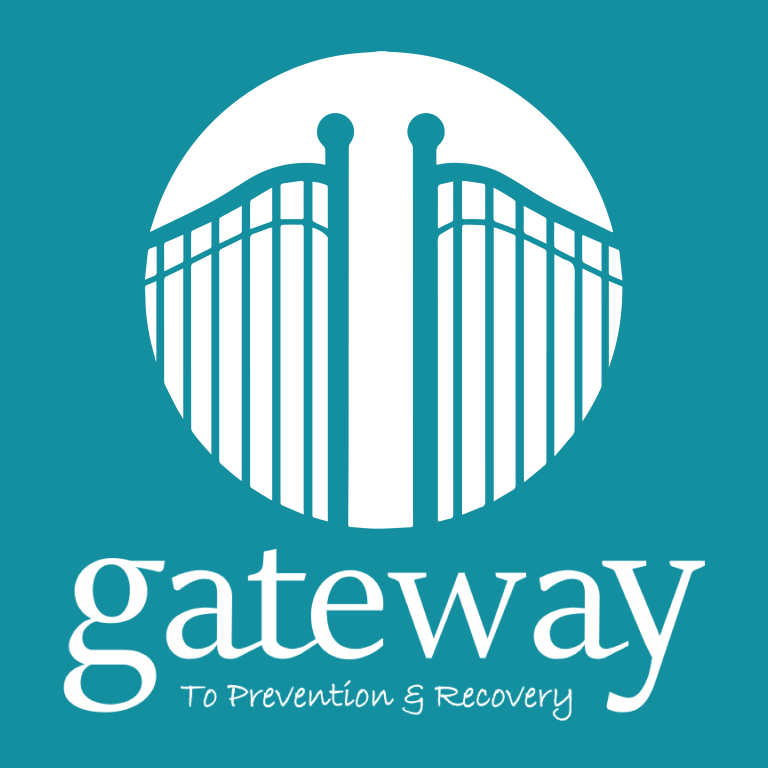
“You deserve to be here
Now, to be alive, to grow,
To be happy and to thrive,
There is more for you,
Than to just ‘survive’.
Everyone of us is worth
A fulfilling life, purpose,
And meaning - to live
The sort of life we’ve
Left to dreaming.”
-p.bodi
According to the American Foundation for Suicide Prevention, in 2019:
- 12 million adults seriously thought about suicide.
- 3.5 million adults made a plan for suicide.
- 1.4 million attempted suicide.
Unfortunately, over the past two years, the pandemic has increased people’s stress levels and decreased their ability to connect with others leading to greater rates of suicidial thinking, plans for suicide, and suicide attempts. The good news, however, is that more than 90% of people who attempt suicide and survive never go on to die by suicide and local organizations are partnering to provide greater resources and support around suicide prevention.
Currently Gateway, with a generous $20,000 grant from SSM Health, plans to reestablish Surivivor of Suicide Attempts (SOSA) support groups. SOSA support groups offer a safe, non-judgmental place for people to talk about what led them to attempt suicide and the impact it had on their lives. Participants also learn how to create safety plans to help them cope with suicidal thoughts. These 90 minute groups have less than 10 people, meet 1x/wk for 8 weeks, and are facilitated by a trained therapist. They are open to the community and completely free of charge.
Linda Swearingen, LADC and Corrie Caudle, Case Manager II/PRSS are both Gateway employees that have facilitated SOSA support groups in the past. They offer their experience, strength, and hope in the Q & A below.
Q: What has been your experience facilitating SOSA groups?
A: Corrie - Although it was one of the most challenging groups to facilitate, it was also the most impactful. I understood the feelings they expressed because I’ve been there. The group made me feel less alone and more understood and supported.
A: Linda - Prior to the SOSA training, working with someone who had attempted suicide made me a little nervous. I was afraid to talk about it. Now, I have more confidence and can be supportive rather than reactive.
Q: Why do you think SOSA support groups are so valuable?
A: Corrie - Suicidal thoughts and behaviors often have such a stigma attached. It can be hard for someone to open up due to fear of hearing, ‘you have no reason to be unhappy, maybe you are faking it, you can’t be trusted, and what kind of mother would want to kill themselves?’
A: Linda - These groups are important because the topic of suicide is taboo. Being surrounded by peers who have been there, done that allows a person to be truly honest and feel supported.
Q: How else do participants benefit from attending SOSA support groups?
A: Corrie - Participants learn progressive muscle relaxation, grounding, mindfulness, and visualization techniques at the end of each group. They are reminded that they are worthy of peace and can achieve it through taking care of themselves, reaching out to their support system, and never giving up hope.
A: Linda - I worked with a participant who attended all of the SOSA groups, yet never had a waking moment where they didn’t think about killing themselves. We worked together to develop coping skills, complete prevention/safety plans, and identify motivations for living. The individual continued to struggle and was hospitalized, but chose this extra support because it was indicated in her plan. Today, this individual reports no longer having constant suicidal thinking, is gainfully employed, and expresses incredible relief, at least for the time being, that such a burden has been lifted.
Q: What would you say to someone who was hesitant to participate in the SOSA support groups?
A: Corrie - I would say that it is okay to be nervous about something new. There are no expectations. You can talk when you are ready. Just come and listen. The group is all about encouragement and hope.
A: Linda - Come and check it out. Commit to the 8 weeks. It is a support group and a learning experience. We are stronger together.
If you or someone you know is interested in more information about upcoming SOSA groups, please reach out to Kimberly McCutcheon at kmccutcheon@gatewaytoprevention.org.
In addition to reestablishing SOSA groups, the grant funding will also go towards purchasing and distributing medication lockboxes and increasing suicide prevention resources for local schools, business, and organizations. Gateway is extremely grateful for our partnership with SSM Health and our shared goal of working alongside the community to increase access and support for anyone struggling with mental and health and substance abuse challenges. For more information, please contact Abby Flood at aflood@gatewaytoprevention.org.
If you are in crisis, you can contact the National Suicide Prevention Lifeline at 1-800-273-8255 or text HOME to 741741 to connect to a crisis counselor 24/7.
Your life matters. You are not alone.
